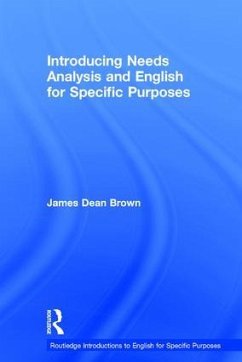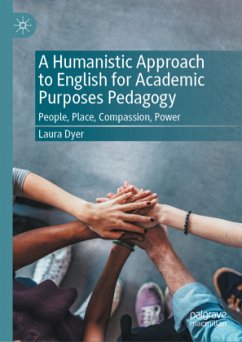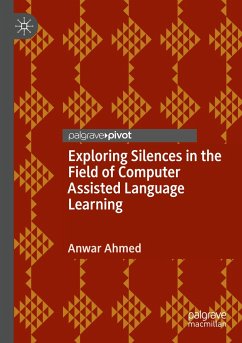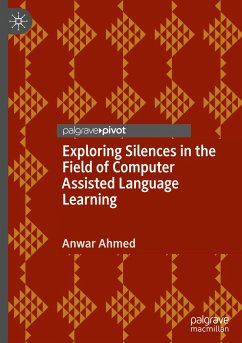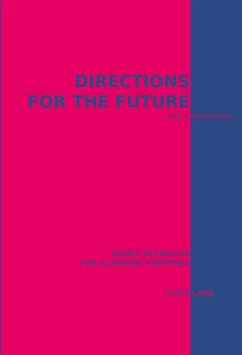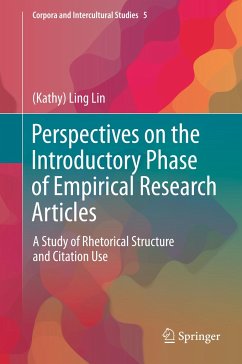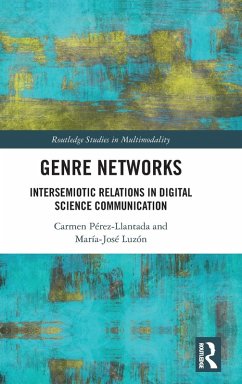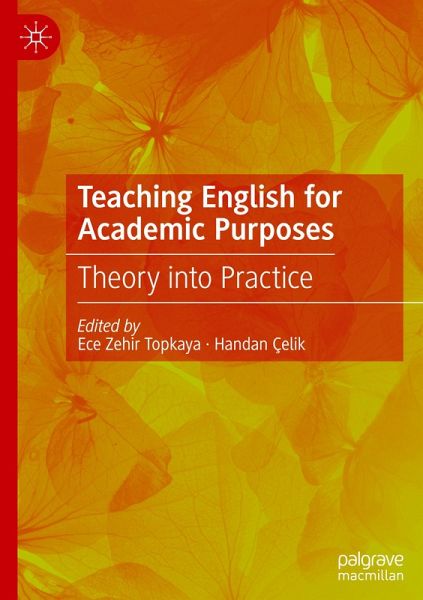
Teaching English for Academic Purposes
Theory into Practice
Herausgegeben: Zehir Topkaya, Ece; Çelik, Handan

PAYBACK Punkte
61 °P sammeln!
This book offers a helpful resource for English for Academic Purposes (EAP) practitioners, combining theoretical content with in-depth insights rooted in practice. EAP has a key role in preparing students for academic challenges in English-medium universities globally. With the increasing need for proficiency in academic English, there is a demand for a comprehensive resource that caters to instructors who are actively involved in or considering a career in the teaching of EAP. This book addresses this need through five clear thematic sections: the development of EAP practice and pedagogy, cre...
This book offers a helpful resource for English for Academic Purposes (EAP) practitioners, combining theoretical content with in-depth insights rooted in practice. EAP has a key role in preparing students for academic challenges in English-medium universities globally. With the increasing need for proficiency in academic English, there is a demand for a comprehensive resource that caters to instructors who are actively involved in or considering a career in the teaching of EAP. This book addresses this need through five clear thematic sections: the development of EAP practice and pedagogy, creating effective EAP courses, exploring linguistic issues, language skills, and EAP instruction, issues in assessment of learning and practice in EAP, and current perspectives in EAP. The volume features contributions from experts with extensive EAP teaching experience, research backgrounds, and scholarly publications. By drawing on their theoretical understanding and practical insights, the book will equip ELT professionals with essential knowledge, strategies, and practical approaches to tailor their instruction to the unique needs of EAP learners. It will also be of interest to teacher educators, students, and academics researching language teaching in English for Academic Purposes, English for Specific Purposes and English-Medium Instruction contexts.





